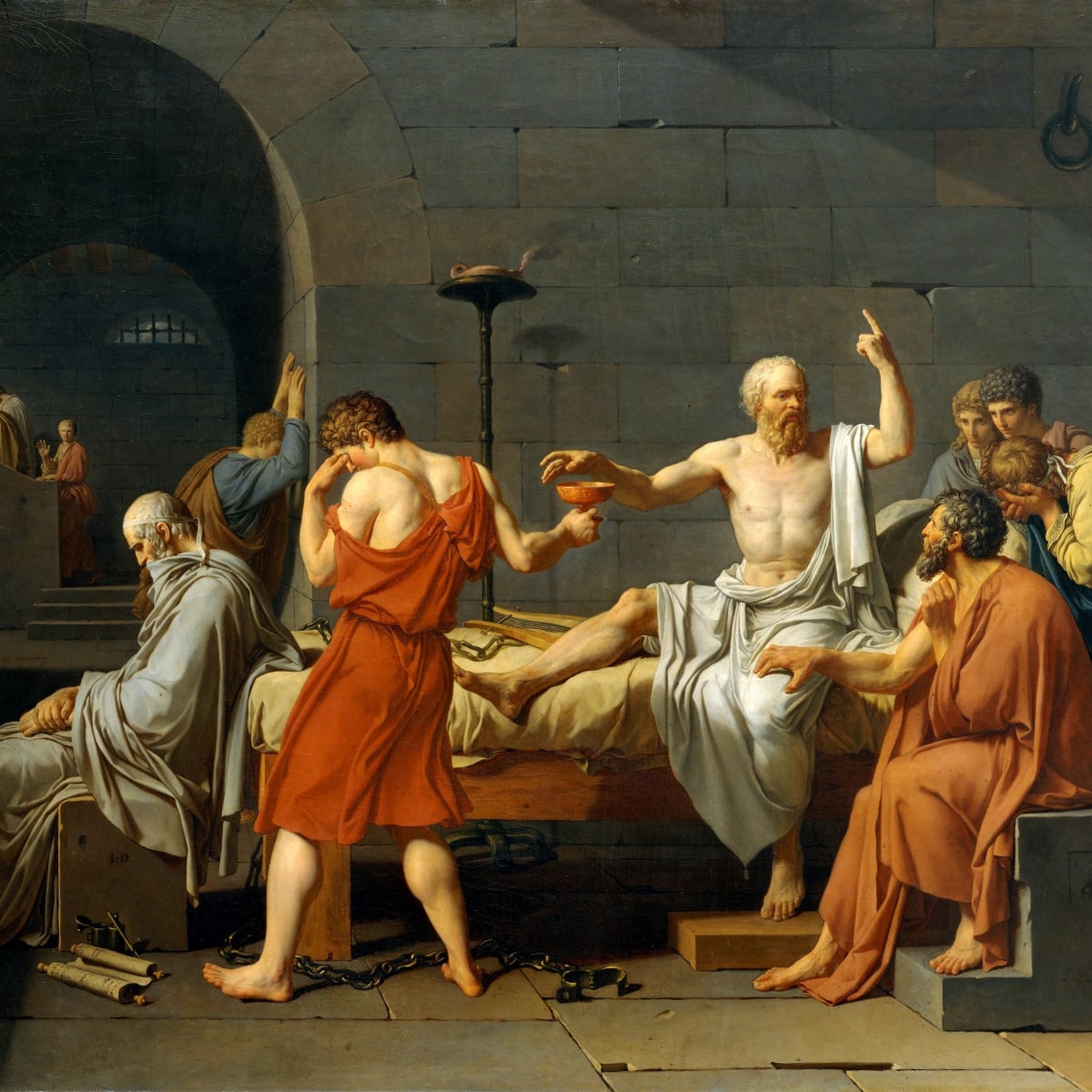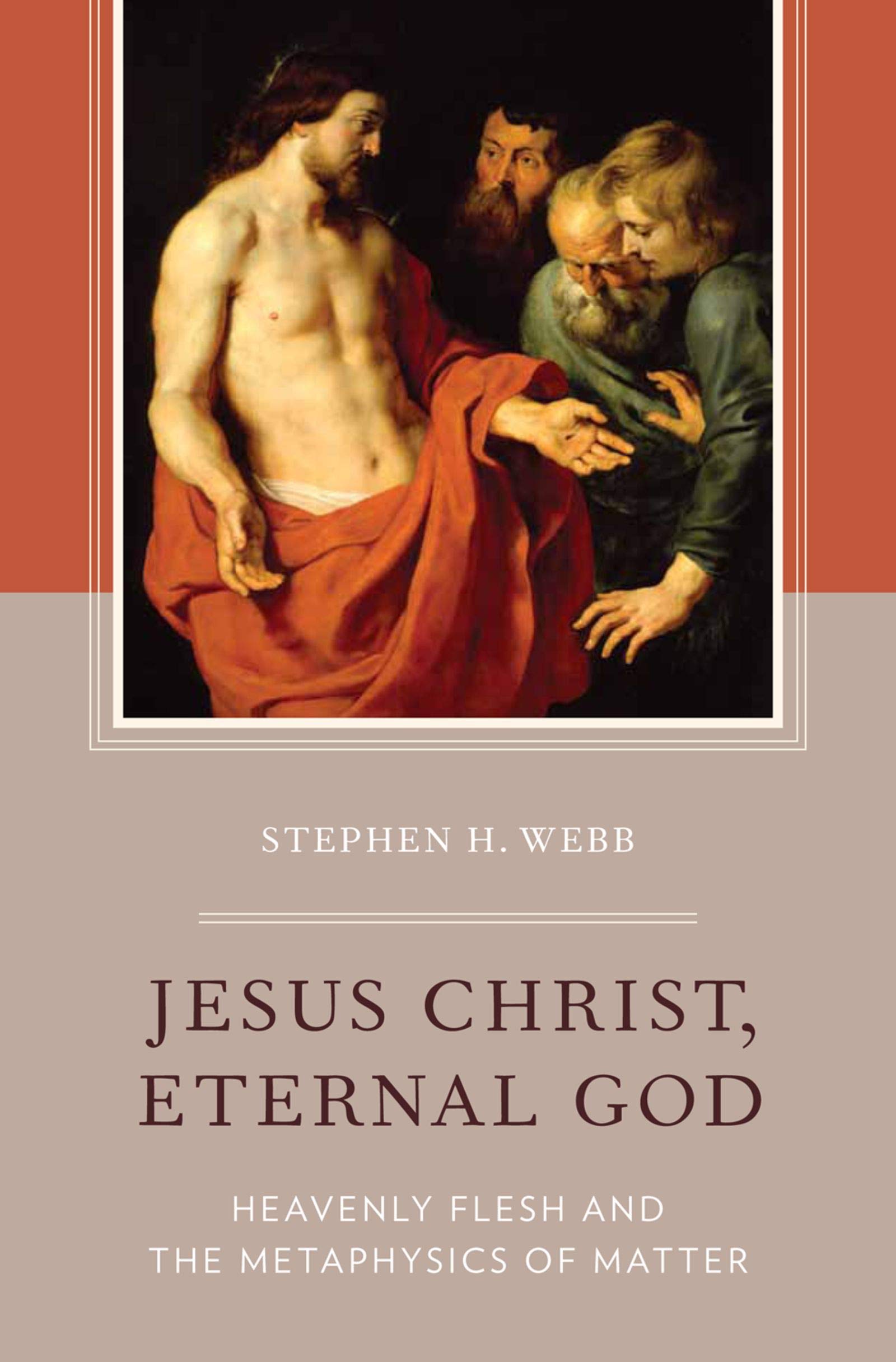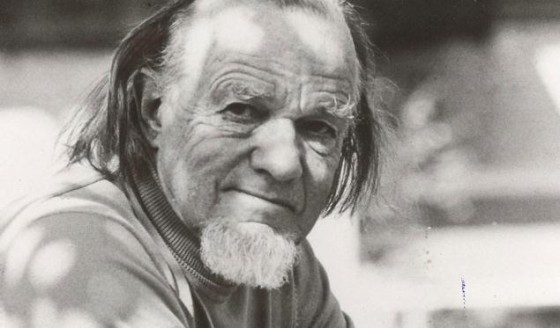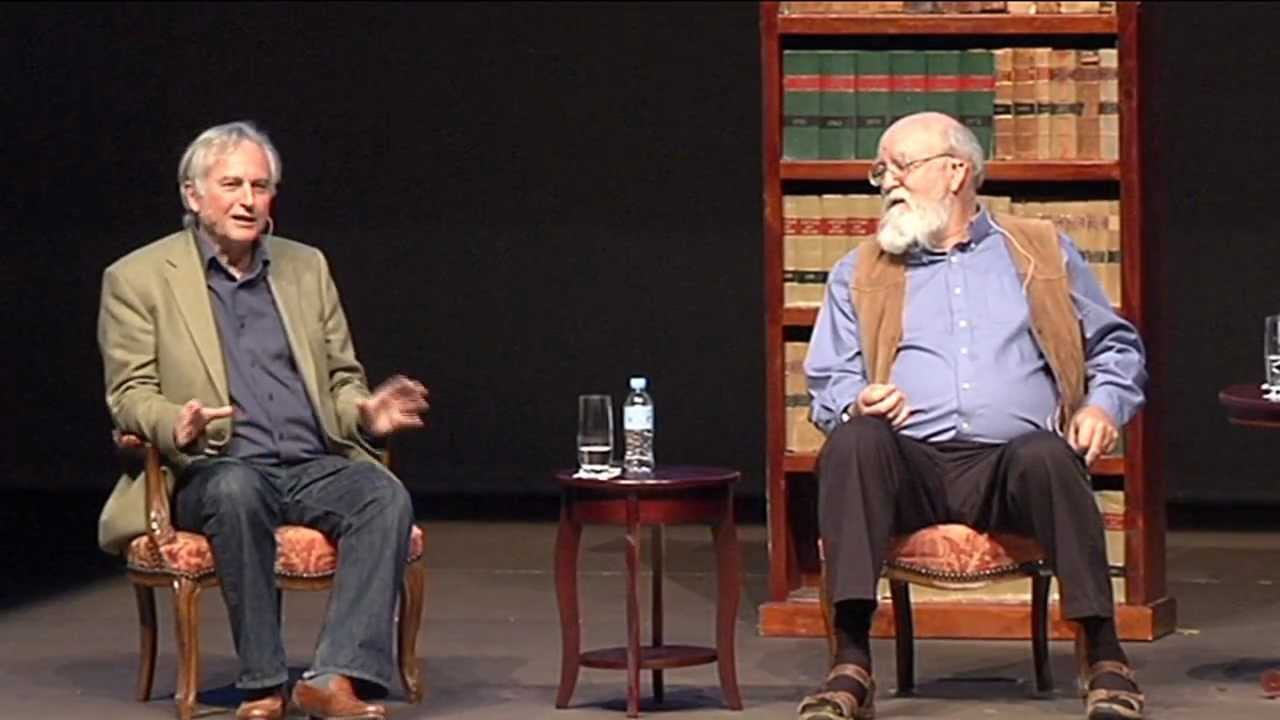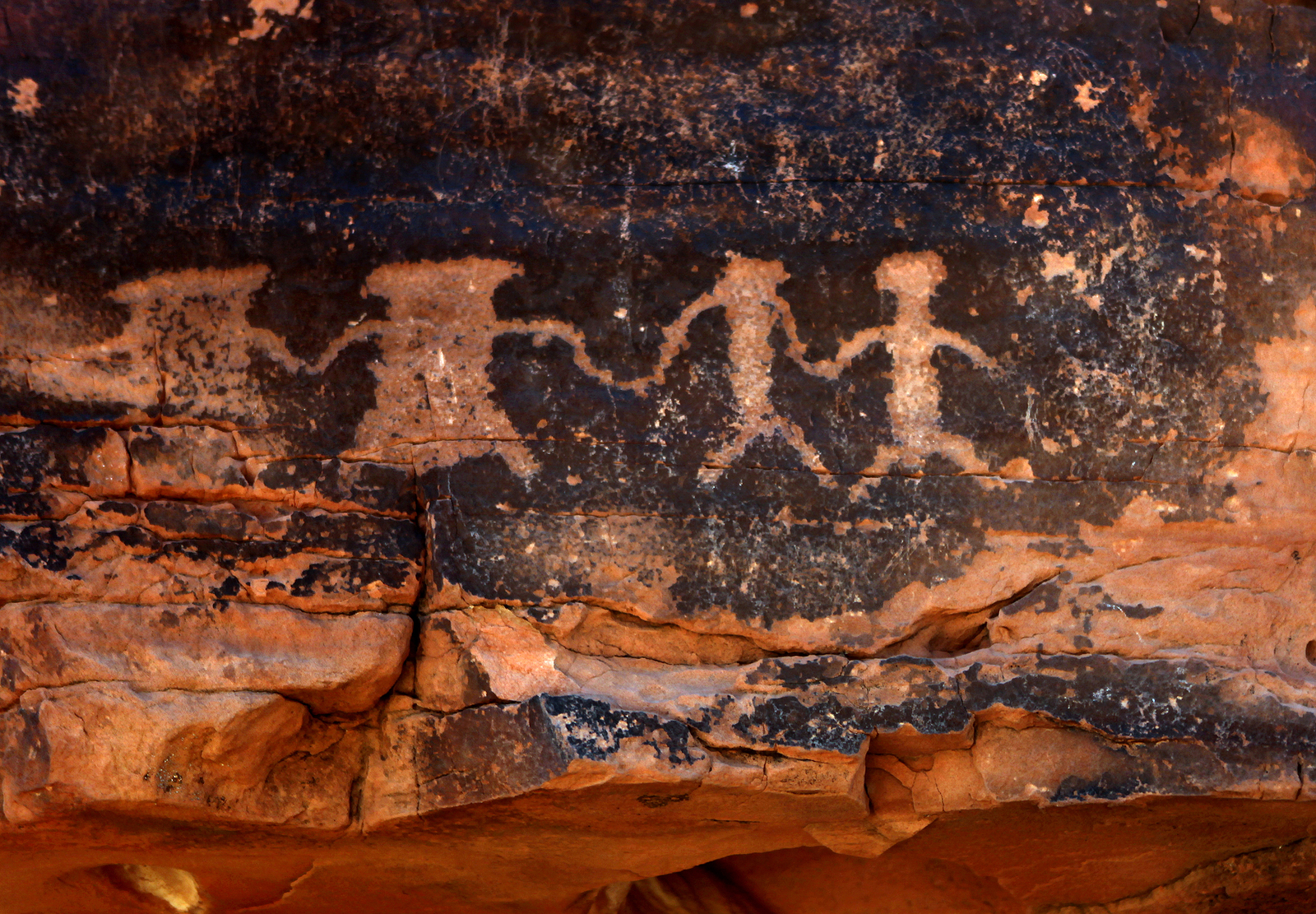John Hick and Owen Anderson Debate Pluralism and the Inexcusability of Unbelief
The thesis of this book is that Christianity teaches that it is inexcusable not to believe in God, and that this fact entails that God’s existence is clear; for ‘Clarity is required for inexcusability’ (p. 2). Further, it is not enough to be ‘personally certain or persuaded that God exists’; there must be objective certainty (p. 4). So the central theme is ‘the principle of clarity’, clarity meaning ‘the impossibility of the alternative’ (p. 139). Anderson puts his claim very strongly: ‘maximal responsibility requires maximal clarity, and Historic Christianity claims that there is a maximal responsibility to believe in God, so it must prove that there is maximal clarity concerning God’s existence’ (pp. 57–58, italics in original).
This is a remarkable thesis. For while many are personally certain that God exists, only some philosophers, those who believe that they have an absolute proof of God’s existence, can attain to the clarity that consists in being aware of the impossibility of the alternative. It would seem that, according to Anderson, the rest of us, the large majority, are left in inexcusable sin. This will even include himself, for by the end of the book he has not produced the proof required for absolute clarity.
A Facebook debate about Free Will and God’s Providential Rule with Drs Lydia McGrew and Owen Anderson
As you know, Lydia McGrew is one of the sharpest Christian philosophers today. Her recent work is a robust defense of the New Testament against evangelicals rediscovering (or discovering for the first time) higher criticism and relying on literary devices to fictionalize portions of the New Testament. Lydia and I have agreed on much but have also had some vigorous discussions. Here is one of them.
The context is a post of mine comparing the Materialist positing uncaused events and the Libertarian positing uncaused events. It then focused on if Libertarianism believes in uncaused events and if we can be independent the way God is or if we are always dependent because we, unlike God, had a beginning. This specific post came in the context of a few posts by me about Libertarians maintaining that a free will is uncaused. Some Libertarians commented that I am “straw-manning” (verb form of the straw man fallacy) them and they claimed no Libertarians believed the will is uncaused (at least in part). Here we see that Libertarians do indeed believe that and also believe that the human agent is not dependent. This confirms my original comparison in the post. The Christian tells the Materialist that there are no uncaused events and so the universe had a cause because the universe had a beginning. The same Christian then says that the problem of evil is solved by a free will, and a free will (which has a beginning) is at least partly uncaused.
Natural Theology and the Clarity of General Revelation
David Haines is helping to reinvigorate the study of natural theology with two new books. Without Excuse and Natural Theology call us to think deeply on this most important subject. The covers of both of these books play with the contrast of light and dark. A light shining in the darkness. The cover for Natural Theology adds in the boat tossed in stormy waves. This reminds of us the disciples and “oh you of little faith, do you still not understand?” When we think about light and darkness the impression can be that we are doing the best we can but are left in darkness and tossed in a storm. But the truth of this imagery is that the darkness is self imposed and the storm is due to our own lack of understanding. The light of the glory of God shines clearly all around and yet we imagine ourselves without a revelation of God. We excuse the Greek and Roman philosophers for their unbelief because we imagine them doing their best with what they had rather than denying what was clearly revealed all around them.
Having studied and worked on natural theology for the last 25 years I have always been amazed at the general neglect of this subject. The tendency has been toward either evidentialism or presuppositionalism. My research and books have all engaged natural theology as I hoped to see the field infused with more energy and attention. Perhaps this is finally happening. Two new books by David Haines address this subject. Together they make a case for the Aristotelian/Thomist approach to natural theology against the presuppositional approach represented by VanTil.
Natural Theology is a historical work that looks to defend Christian engagement in natural theology from critics like Barth or VanTil. It correctly points to the rich history of Christian work in natural theology. It also highlights the many mixtures of error with non-Christian philosophers that have resulted. If the basic truth is that general revelation clearly reveals the eternal power and divine nature of God so that unbelief is without excuse, then 1) the Christian must be able to give the arguments that show these truths about God and 2) the Christian should be able to demonstrate how the wisdom of this world in Plato or Aristotle evinces culpable ignorance and is without excuse in unbelief about God. Far from doing all that can be done in natural theology without scripture, these philosophers came short on the first things and are indicted in their failure to know what is clear about God from general revelation. The following is a reflective engagement with these two books and the clarity of general revelation. The main topic is to highlight that, whatever useful arguments Aristotle gave, he fundamentally came short in the knowledge of God available in general revelation and he directed his followers away from the works of God.
What Kind of Philosopher Are You?
I get asked: “What type of philosopher are you?” Well, I’m not
1. A classical philosopher. I’m sympathetic to the big questions this school asks. But the best of these denied the eternal power of God and instead set up a system where God is co-eternal and our highest good is an otherworldly beatific vision.
The Dying Philosopher
We are each of us dying. Even philosophers. Socrates said that the purpose of philosophy is to learn to die well. He also lamented that things do not last. While he was bold about the options facing him in death in the Apology, at the end of his own life he covered his face so that his disciples could not see him lose confidence.
Book Review: Jesus Christ, Eternal God: Heavenly Flesh and the Metaphysics of Matter
First Published: 2013 Blackwell Publishing Ltd. Jesus Christ, Eternal God: Heavenly Flesh and the Metaphysics of Matter, Stephen H. Webb, Oxford University Press, 2012
In his newest book, Stephen Webb has once again demonstrated his ability to range over the history of theology, engage in doctrinal analysis, work on inter-religious disputes, and critically engage current questions. This is a book that presents us with Webb’s analysis of the history of Christology and the Trinity, and his engagement with the thinking of philosophers and theologians from Plato to Aquinas to Barth. There are many portions of this book that I would have my undergraduates read for an introduction to otherwise difficult philosophers and because of Webb’s clarity of writing and often humorous and flavorful style.
Francis Schaeffer and the Shaping of Evangelical America
First Published in: History and Sociology of Religion, 2008 (ISBN 978-0-8028-6389-8), vii + 272 pp., pb $20.00
Individually, these books are an informative look at two influential thinkers in American religion. Together, they serve as bookends to a period of American history in which Evangelicalism emphasized a particular perspective of soteriology that minimizes the intellect. What makes this such an interesting study is that both Edwards and Schaeffer made significant use of the intellect as opposed to much of what goes on between their times. In some sense, Jonathan Edwards set the standard for American intellectual religiosity so that much of what comes later is compared back to him on that plane. On the other hand, Schaeffer is credited as reinvigorating the life of the intellect among Evangelicals, and many of the Christian scholars who work in America in the decades after Schaeffer trace their own motivation to his work. This is revelatory of how Evangelical American’s understand the ‘intellect’, both those who emphasize it and those who downplay it.
The New Atheists and the Problems of Fideism
First Published in “Theology, Ethics, and Philosophy: The New Atheists: The Twighlight of Reason & the War on Religion
Abstract: This paper considers work by Christopher Hitchens, who is part of the group called the ‘New Atheists’, and a response to this by Tina Beattie. The concern of Hitchens is to alert his readers to the problems that arise from fideistic belief, and his proposed solution in common sense naturalism. The author argues that while Hitchens does raise important questions about fideism, he himself is a fideist in his claims about reality. Far from being new, these are the same claims as held by ancient materialists: all of reality can be reduced to atoms in motion. Also considered is Tina Beattie’s analysis and response to the New Atheists. Her cogent analysis is helpful, although her own proposal to resolve the debate encounters difficulties similar to those attending fideism.
Contemporary Issues in Native American Religion
First Published: EBSCO Publishing: eBook Collection (EBSCOhost) – printed on 11/26/2020
Down the hall from my office are numerous pictures from the Schwemberger Collection. Many of these portray Navajo children in school uniforms, or Navajo men in baseball outfits. But next to these are also images of the Navajo in traditional clothes or at work at customary looms. Although these photographs are a few generations old, the impression is that there is lasting harm and division continuing into the present. There remain disagreements about ways of life. Behind these are disagreements about more basic beliefs, worldview disputes. To get schoolchildren to dress in a specific way is not to get them to agree to a specific worldview. How can agreement be reached? The following will consider how religious traditions have come into conflict, and the concrete ways this has affected Native American religions and ways of life. This chapter will explore 20th Century Religious responses by Native Americans as they seek to find an identity for their religions. This search sometimes includes a reliance on tradition (usually oral tradition) and stories from the past that have largely been shaped by colonialism. It also includes attempts to synthesize European religions with Native customs and understanding. After considering general trends, special attention will be given to the experience of the Hopi people in their contact with the United States. What we have is a picture of communities in the search for meaning while wrestling with external challenges that brought about changes that dislocated these communities from their past and therefore from each of their unique traditions.
Free Will and Doxological Christianity
The Free Will Defense to the problem of evil represents part of an entire approach to thinking about Christianity. Its assumptions produce intuitions about what it means to be free, responsible, and to love God. These are then used to interpret key themes in Christianity about why God created, the Fall, and redemption from sin. Specifically, the human will is made the focus and center-piece. The claim is that this will is only free and responsible if it could have done otherwise than it actually did, all things being exactly the same. God suspends his sovereignty and gives sovereignty to humans so that they can freely respond to him and love him. Because of the Fall and continued sin, God offers redemption to all persons who will freely respond to the gift.




